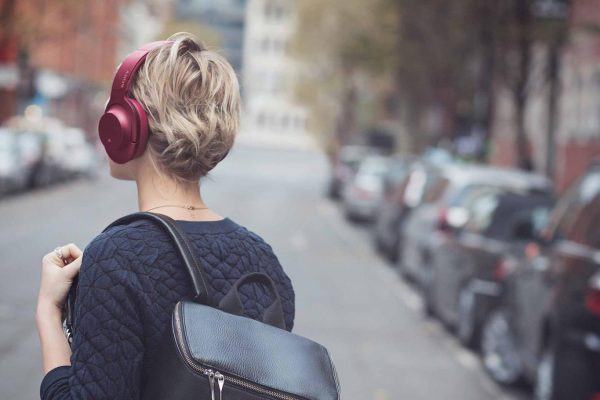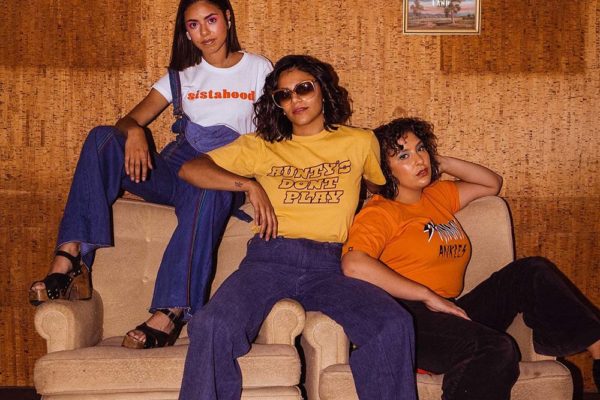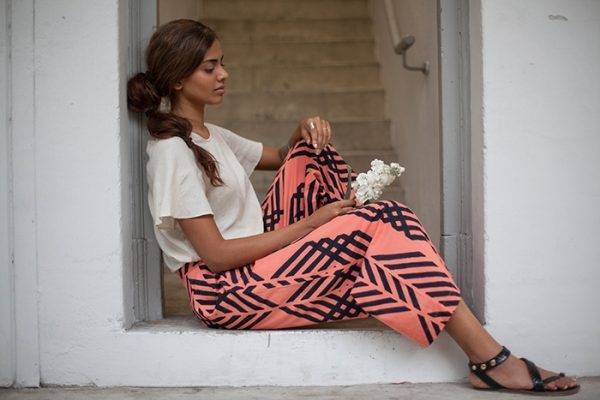The idea of ‘Tasmanian salmon’ gives off an idea of the island’s wild coastlines and lush greenery, the reality, however, is not so wild and green.
In the last 20 years, Atlantic salmon farming in Tasmania has seen extraordinary expansion, worth over $A730 million annually, and with it increasing environmental risks on the surrounding marine life. The Greens have highlighted the Tasmanian salmon farming industry as destructive, causing
“a legacy of water pollution from thousands of tonnes of fish faeces, waterway congestion from large fish pens, degradation of local fisheries, seal ‘relocations’, collapsing ecosystems, noise and light pollution, the impact on marine scenery, and damage to Tasmania’s clean green brand.”
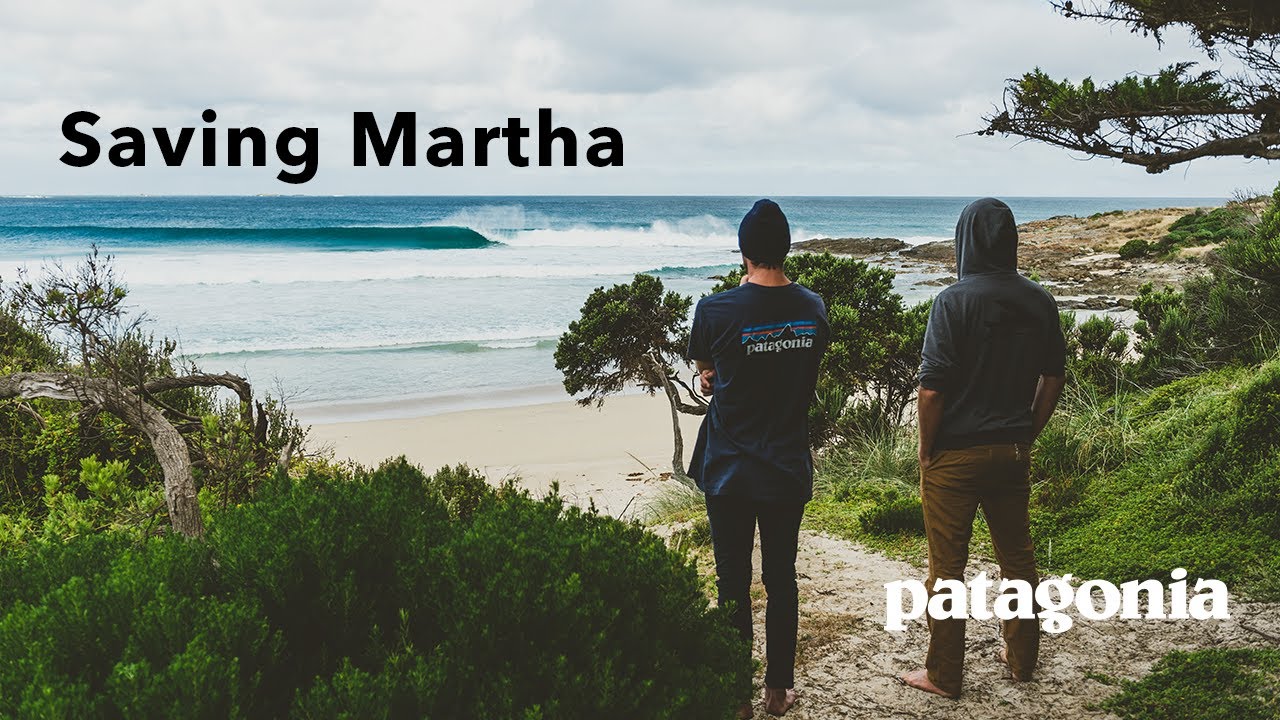
The reported damage is not over yet however, with Tasmania’s pristine King Island currently at risk of expansion by salmon producer Tassal. Why is the community so opposed, why has Patagonia and surfing organisations got involved, and what can people do?
What is being opposed and why?
The oceans are not able to sustain the world’s population consumption of fish, with overfishing causing devastating environmental impacts.
If overfishing continues at the current rate, it is predicted that as much as 90% of wild fish will be gone by 2050. Aquaculture (aka fish farming) is a controversial ‘solution’ to this problem, with contradictory arguments from both sides, yet difficulty measuring the impacts accurately.
Published data from field studies into sub-tropical fish farms indicated that the impacts found were on organic and nutrient loading from the farmed fish into the ocean, with other potential impacts such as negative interactions between farmed and wild fish, carbon increases from transport and fish feeding, reduced wild stocks, and waste product from increased farmed populations.
Tasmania has specifically been impacted by salmon farming, with World Heritage area Macquarie Harbour having dead zones on the seafloor and deaths of nearly 1.35 million farmed fish, resulting in failure to comply with 19 requirements for certification. With rapid expansion, the world needs to be careful not to replace one environmental disaster, with another. (Read more about Aquaculture here for further information by GoodFish).
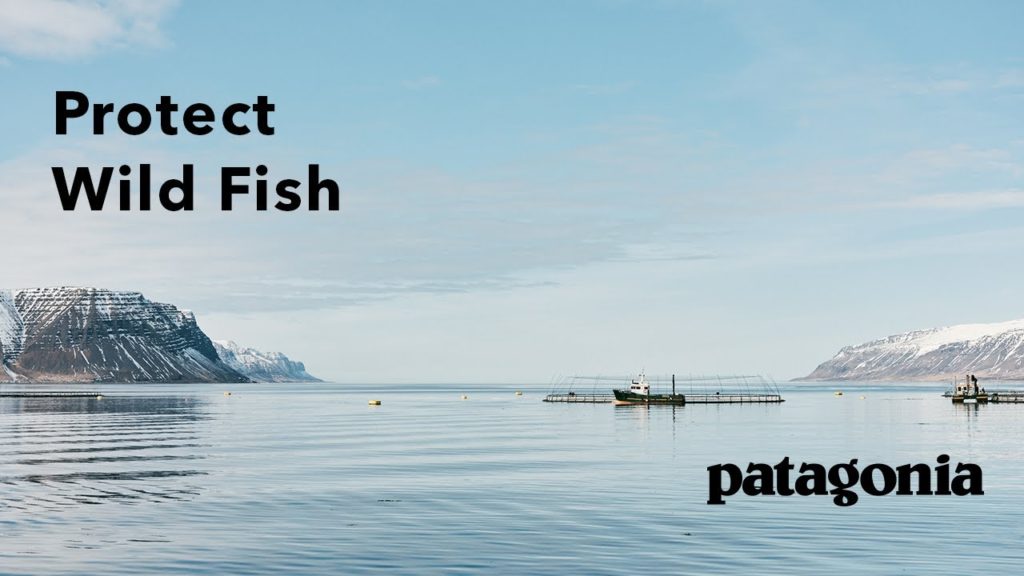
For Tasmania, it’s been a two-year fight between activist communities on King Island and salmon producer Tassal.
The fish producer was granted a permit in 2017 to establish a new fish farm near the surf break of Martha Lavinia on Tasmania’s King Island, resulting in opposition.
The local community has rallied together over the last few years to oppose the development, forming Keep King Island Fish Farm Free. Last year, they even formed a 100-person paddle out protest on the island, which received high media attention.
According to their GetUp page, they believe the industrial fish farms will cause negative impacts on the environment, economy and social world of King Island. It has been reported to have been signed by 55 percent of the adult population on King Island, which highlights substantial opposition.
“Artifishal is a film about people, rivers, and the fight for the future of wild fish and the environment that supports them. It explores wild salmon’s slide toward extinction, threats posed by fish hatcheries and fish farms, and our continued loss of faith in nature.
What’s Patagonia & Surfrider Foundation of Australia’s role?
The outdoor activist brand Patagonia joined the fight last year against fish farming in Tasmania’s King Island, heading over with surfers to the pristine waters of King Island to make a short doco about the beautiful area and the potential damage of new fish farms. Alongside this, in 2018 Surfrider Foundation of Australia got involved with support with famous surfers such as Tom Caroll.
“Come on, Tasmania and King Island, are you kidding? This is the most pristine environment on the planet…” – World champion surfer Tom Carroll
What can be done?
With the bizarre year of 2020, it seems that the fight may have temporarily taken a back-step, however it will continue no doubt for years to come. To get involved:
- Sign the petition, share it, talk about it.
- Follow Surfrider Australia on FB or Save Martha Lavinia Beach
- If you eat fish, make informed seafood choices and choose more low-impact, sustainable fish with the GoodFish app / website.
- If you are in Tasmania, you can write to local leadership (the Premierand Labor Leader Rebecca White and demand that they support a moratorium on fish farm expansion. You can also write to House of Assembly crossbenchers Madeleine Ogilvie and Speaker Sue Hickey and ask them where they stand on this issue.)
